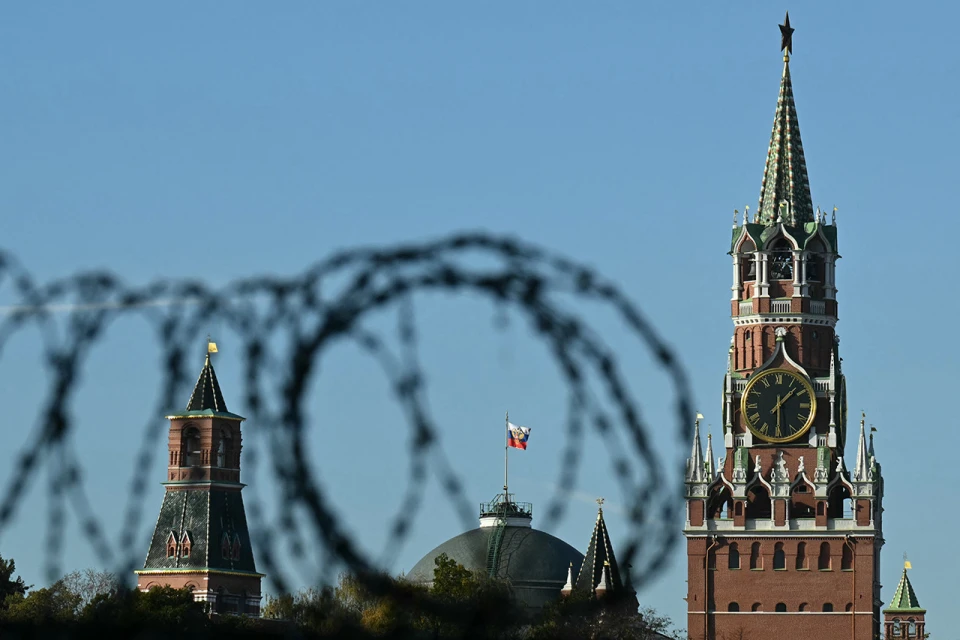
Russia faces delayed default as Kremlin funds war through self-issued loans
Russia’s war funding strategy, relying on bank loans to defense companies, has led to a growing credit crisis, creating a strategic financial bubble with severe economic risks
Defense Express reported the information.
According to the outlet, Russia's actual war expenses are much higher than declared, and the real economic burden is significantly heavier. Additionally, the Russian government's decisions to finance the war have set off a ticking time bomb, creating “a strategic credit bubble.”
Economic analyst Craig Kennedy from the Davis Center for Russian and Eurasian Studies at Harvard University, in his research on Russia's hidden war debt, investigated and essentially uncovered a fascinating scheme used to finance Russia's military-industrial complex.
Defense Express highlighted key points from the research:
- Funding the war through loans: After the failure of the blitzkrieg in 2022, Russia's government directed banks to issue loans to defense enterprises, leading to a 71% increase in corporate debt, totaling $415 billion (19.4% of GDP). Most of these loans were directed towards military enterprises.
- Preferential terms for the defense industry: These loans were granted on favorable terms to insolvent military enterprises without collateral, contributing to a growing "toxic debt" problem. By 2024, the debt amounted to half of Russia's state budget.
- Credit crisis and economic impact: The unsustainable debt load triggered a credit crisis, forcing the Russian Central Bank to raise interest rates. Loans for civilians and non-defense industries were significantly affected, damaging the broader economy, while the defense-industrial complex continued to receive preferential treatment.
"It is clear that Moscow's heavy reliance on off-budget bank financing for war creates the conditions for a systemic credit crisis. By raising interest rates, the Kremlin is creating financial problems for companies in the 'real' economy. And by piling significant debt on war-related companies, which are likely to default later, it risks drowning the banks in a wave of toxic debt," writes Craig Kennedy.
Defense Express notes that the situation for the Russian government is quite intriguing. Russian military companies rely on state contracts with minimal profits and can only repay loans using state funds. Essentially, the Kremlin has borrowed from itself, requiring repayment with public money. This is not just a "credit bubble" but a strategic one, and given its scale, a default is looming for the Russian economy.
The research concluded that Russia's claims that the war has almost no impact on its economy are merely a facade. In reality, the Kremlin needs a pause in hostilities to stabilize its economy and ease sanctions, even if only partially. The longer the war lasts, "the greater the risk of uncontrolled credit events and a weakening of Moscow's negotiating position."
- News











































